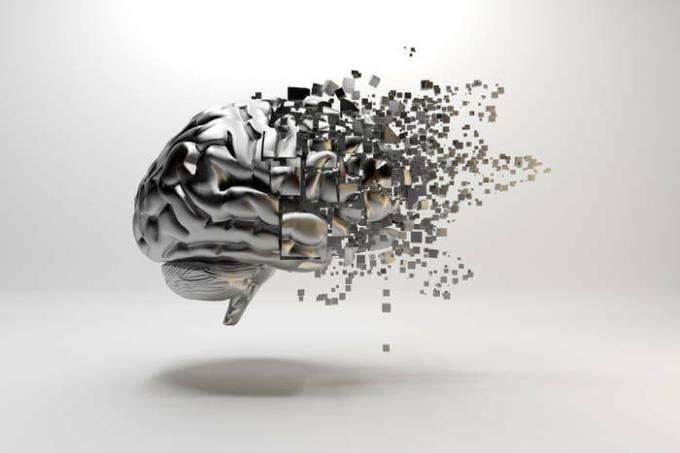The psychosomatic nature of diseases is real and proven by scientists, but it is overgrown with a mass of myths.
Here are just a few of the most common myths about psychosomatics, in which it is high time to stop believing.

1. Disease arises where emotion should have manifested
You have probably heard similar statements that if a person is offended by someone, it will manifest itself with a pain in the stomach, if he coughs, then he "coughs up" unspoken words, if spoli is flowing, then these are unspoken tears and all that spirit.
Scientific evidence speaks of the relationship between emotional experiences and body disease, but this is based on neurophysiological processes, and not the "everyday" understanding that if a sore throat hurts, then a person is about something is silent.2. Psychosomatics is a protest of the body
In fact, the emotion-driven illness is the solution to the problem that the brain finds. It is not the body that solves your inner conflict, but the main control center - the brain.
But the brain really only has your body in subjection, therefore one problem is solved by creating another.

3. Psychosomatics is a myth
Alas, psychosomatic sources of illness do not cease to exist only because someone has decided not to believe in them. Emotions and experiences are closely related to the work of the brain, the formation and destruction of neural connections - completely physiological processes.
Further, these processes can spread to other organs, cause changes in their functioning. And it is as real as the fact that cancer cells - the same cells that belong to you - begin to attack the body. And this is just a part of nature where every cell counts.
4. Positive thinking helps with psychosomatics
The main benefit of positive thinking (besides the obvious one - that you are in a good mood) is the absence of additional stress that would make the disease worse. Unfortunately, the influence of negative emotions on the body is much stronger than positive ones, because they are more stable and lasting.
Accordingly, one cannot cope with psychosomatics with just a positive attitude. We need a study of the problem with a psychologist and symptomatic treatment of the disease by a specialist.You will also be interested to read:
- map of negative emotions in the human body
- what childhood diseases can psychosomatics cause
- psychosomatics of childhood diseases

